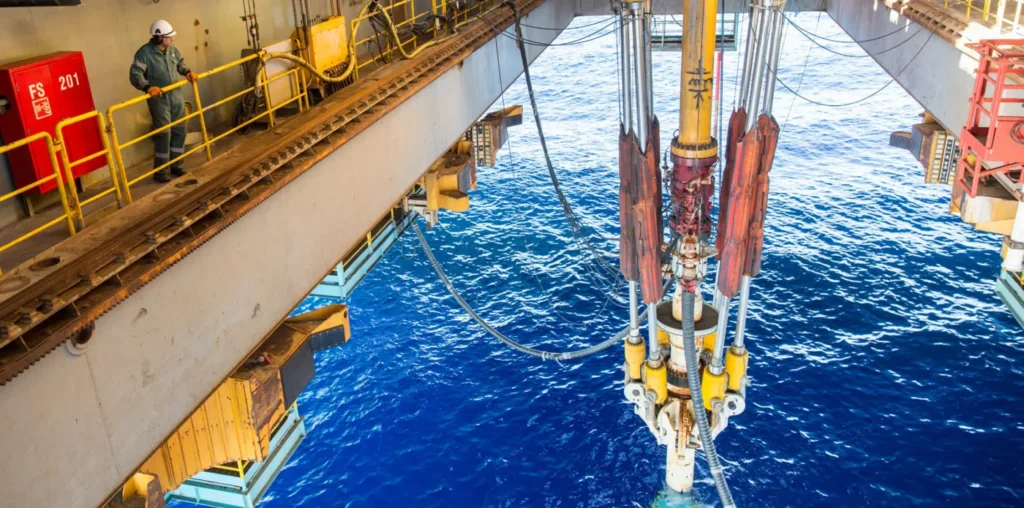Brazil faces a critical decision regarding its petroleum future. Without new discoveries, the country may become a net oil importer within a decade. This shift could significantly impact Brazil’s energy independence and economic stability.
Currently, Brazil produces 3.47 million barrels of oil daily, totaling 1.2 billion barrels annually. With proven reserves of 15.9 billion barrels, these will deplete by 2035 at the current production rate. Even including probable and possible reserves of 27 billion barrels, Brazil’s oil supply might last until 2045.
Exploration efforts have slowed significantly, with only six offshore wells drilled in 2023 and 2024. The pre-salt region currently accounts for 81% of Brazil’s oil production.
Experts argue that exploring the Amazon Mouth Basin in the Equatorial Margin is crucial for discovering giant reservoirs. The Pelotas Basin in the south presents another opportunity, though less promising.


By the end of this decade, Brazil plans to install 17 new oil platforms. However, current reserves may not sustain increased production beyond the next decade, underscoring the urgent need for new discoveries.
Environmental concerns complicate exploration efforts in the Equatorial Margin. The Brazilian Institute of Environment and Renewable Natural Resources (IBAMA) has been hesitant to grant licenses due to potential environmental impacts on the Amazon region.
Brazil’s Oil Dilemma: Dwindling Reserves and the Need for Equatorial Exploration
Petrobras contends that Brazilian oil production emits less greenhouse gases than the global average. They argue that importing oil would result in higher overall emissions, framing domestic production as environmentally preferable.
Critics suggest ideological motivations behind IBAMA’s stance, arguing that blocking exploration could hinder regional development and forest protection efforts. Some propose linking exploration rights to socio-environmental projects in the Amazon.
The debate surrounding Brazil’s oil future involves complex economic and environmental considerations. Balancing energy independence with environmental protection presents a significant challenge as Brazil approaches a critical juncture in its petroleum industry.

